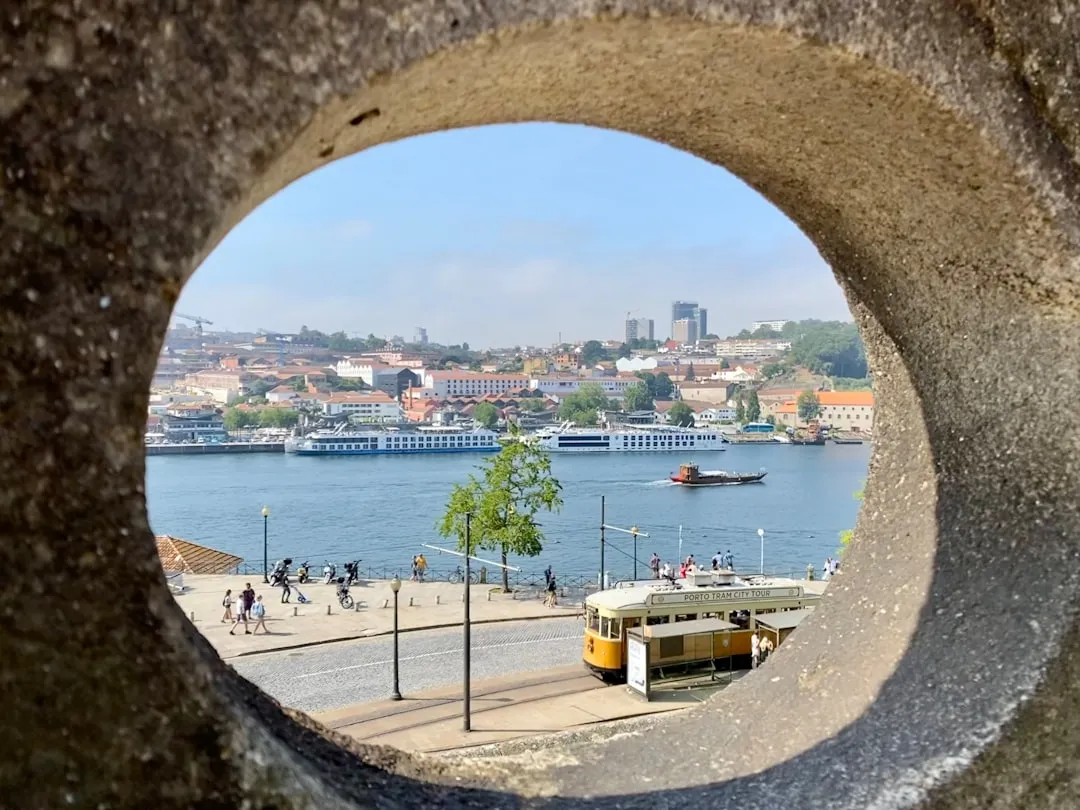If you're considering moving to Spain, one of the most important decisions you'll face is whether to rent or buy a property. Spain offers a variety of housing options that cater to different lifestyles, budgets, and personal preferences. In this article, we’ll explore the pros and cons of renting versus buying in Spain, highlight key factors to consider, and provide insights into Spain’s real estate market to help you make an informed decision.
Renting in Spain
Renting is a popular choice for expats and those seeking flexibility, especially when first moving to Spain. Here are some key points to consider:
Pros of Renting
- Flexibility – Renting allows you to explore different neighborhoods and cities before settling down. It’s a great option if you want to experience various regions of Spain or if your work or personal circumstances may change.
- Lower Initial Costs – When renting, upfront expenses are significantly lower than buying. Typically, you'll need to pay a deposit (usually equivalent to one to three months’ rent), the first month’s rent, and sometimes a small agency fee. This is much more affordable compared to the costs of buying, which include a mortgage down payment, notary fees, and taxes.
- No Long-Term Commitment – Renting provides more flexibility in terms of time commitments. Lease agreements are generally for one year, with the possibility of renewal, allowing you to adjust your living situation easily without being tied to a property for the long term.
- No Maintenance Responsibilities – As a renter, property maintenance is usually the responsibility of the landlord, saving you from repair costs and upkeep. This can be particularly useful in older Spanish properties, which might require frequent maintenance.
To start your search for rental properties in Spain, check out platforms like Idealista, one of Spain's largest property websites, Spotahome or Rentalia. Another good option for high-end fully-furnished, flexible-term rentals in major cities is Blueground, perfect for expats and digital nomads looking for ready-to-move-in homes.
Cons of Renting
- Lack of Investment – Renting means your monthly payments go towards someone else’s property, rather than building equity in a home of your own.
- Rent Increases – Depending on the location, rents can increase when your lease is up for renewal. In popular cities like Madrid and Barcelona, rental prices have surged in recent years, making it difficult to find affordable options.
- Less Stability – Renting may not provide the same sense of long-term stability as owning a home, particularly if your landlord decides to sell the property or if rental prices become unaffordable.
Buying in Spain
For those looking to settle in Spain for the long term, buying property can be an appealing option. Spain has a vibrant real estate market with a range of properties, from modern apartments to charming countryside homes.
Pros of Buying
- Long-Term Investment – Purchasing a property in Spain can be a solid long-term investment, especially in high-demand areas. While the real estate market can fluctuate, owning property allows you to build equity over time.
- Stability and Security – Owning your home provides a sense of security. You don’t have to worry about rising rent prices or a landlord asking you to move out. You can also make modifications to the property as you see fit.
- Potential for Rental Income – If you choose to buy a property, especially in tourist-heavy areas like the Costa del Sol or Barcelona, you can rent it out to vacationers or long-term tenants when you’re not using it. This could help offset your mortgage costs.
- Government Incentives – Spain offers some tax benefits for homeowners, including deductions on mortgage interest for primary residences. Additionally, if you purchase a property worth more than €500,000, you may qualify for Spain's Golden Visa, which grants residency to non-EU investors.
To browse properties for sale, Idealista is also a valuable resource for buyers. Another helpful site is Fotocasa, which specializes in real estate listings across Spain. If you’re interested in more rural properties or traditional homes, Kyero is a platform dedicated to properties for sale in Spain.
Cons of Buying
- High Upfront Costs – Buying a home in Spain comes with significant upfront expenses, including a down payment (typically 20-30% of the property price), notary fees, legal fees, and taxes. These can add up quickly and should be factored into your budget.
- Long-Term Commitment – Buying a home is a major commitment, both financially and geographically. If your circumstances change, selling a property can take time, especially in slower markets.
- Property Maintenance – As a homeowner, you are responsible for all property maintenance and repair costs. In older properties, particularly in rural areas or historical city centers, upkeep can be expensive.
Factors to Consider
When deciding whether to rent or buy in Spain, several key factors should be taken into account:
- Location – Major cities like Madrid, Barcelona, and Valencia have seen sharp increases in both rental and property prices, while smaller cities and rural areas tend to be more affordable. Consider whether you want to live in a bustling city, a coastal area, or the countryside.
- Length of Stay – If you’re planning to stay in Spain for only a few years, renting may make more sense. However, if you’re planning to settle long-term, buying could be a better investment.
- Finances – Review your financial situation carefully. Do you have enough savings for a down payment and the additional costs associated with buying? Or would it be more practical to rent and save for a future purchase?
- Spanish Real Estate Market – Spain’s property market varies depending on the region. In some areas, property values have been increasing steadily, while others may not offer the same return on investment. Research the specific areas you’re interested in to get a sense of the market trends.
- Residency Status – Non-EU citizens may need to consider the impact of their residency status when buying property. Spain’s Golden Visa scheme is a popular route to residency for investors, while renting may be a simpler option for those without immediate plans for permanent residency.
Conclusion: Rent or Buy?
Whether to rent or buy in Spain depends on your personal circumstances, financial situation, and long-term plans. Renting offers flexibility and lower upfront costs, making it ideal for those who are new to Spain or want to explore different areas. On the other hand, buying can be a worthwhile investment for those planning to stay long-term, providing security and potential financial returns.
Ultimately, both renting and buying have their advantages and challenges. Careful consideration of your goals, budget, and lifestyle will help you make the right decision for your new life in Spain.
These websites will be helpful for readers looking for accommodation:
- Idealista: Great for both renting and buying properties all over Spain.
- Blueground: Ideal for fully-furnished, flexible rentals.
- Fotocasa: Another reliable platform for searching real estate for rent or sale.
- Kyero: Focuses on rural properties and traditional homes for sale in Spain.




